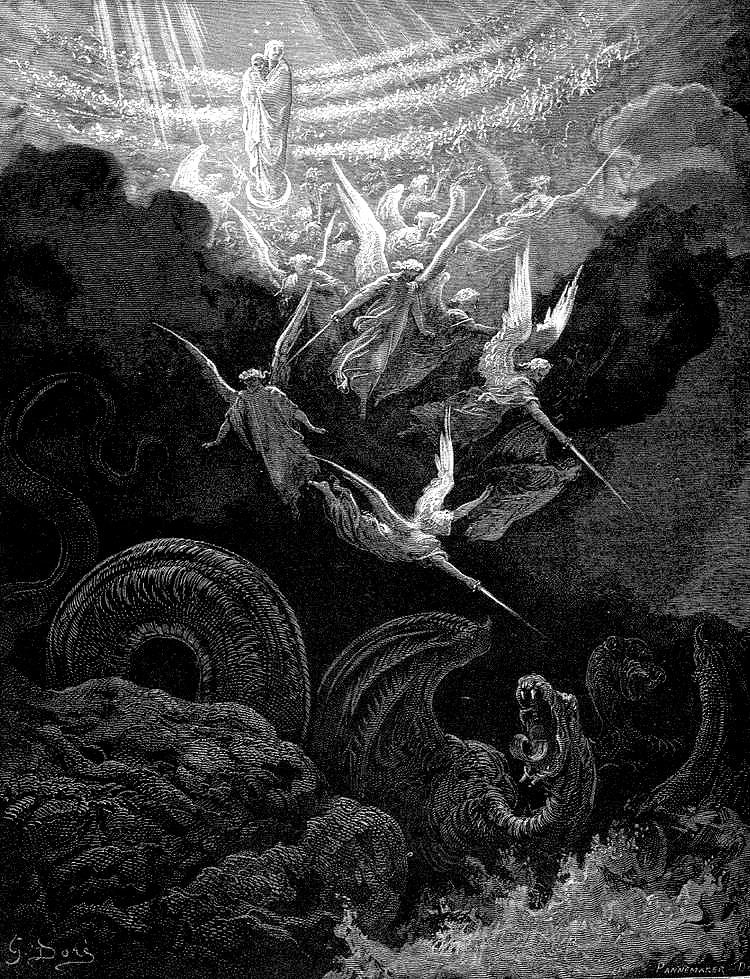An Alternate Divinity
Everything on this page is not meant to, nor intended to be a direct parrallel to current world religions, scripture or accounts. Everything on this page should be taken as indpendant 'fiction', regardless of shared names or similarities to any real world persons, etc.

What/Who is ‘God’?
‘God’ is not a singular being, but rather it is the title for all of the beings who make up 'god', known as 'angels'. ‘Acts of God’ in essence are when angels work together collectively to perform actions. Each angel is a part that forms up ‘God’, and any addressees to ‘God’ are collectively addressed to every angel that forms up that image. A similar comparison is the term ‘government’, which describes many people who collectively run a singular country.

What are Angels?
Angels are parts of ‘God’, each performing individual roles and functions within the collective structure. For example, an angel of rain could also be described as ‘the part of God that is of rain’, thus the statements that they are both an angel of rain and a god of rain are essentially the same statement, as there is no hierarchy above them in that particular domain.
Angels are comprised of free-flowing linked webs of particles which retain information. In short, they are non-corporeal beings able to change their shape and adapt in a multitude of ways, while still carrying an identifier personal to them to allow their collective shape (i.e. ‘God’) to recognize their function quickly and apply instructions correctly, similarly to a computer.
Angels perceived by biological beings, namely humans, will almost always be interpreted as a visual representation of the angel’s role and/or function. An angel that corrects discrepancies within the collective may be interpreted as an angel of ‘order’ or ‘justice’ and then perceived as the image of a judge or set of scales by the human. Similarly, if there is one that is structured around a malicious concept, they may appear fearsome, bestial and terrifying in form and given the term ‘demon’ incorrectly instead. This somewhat subjective approach resulted in many angelic names and roles overlapping and having conflicting interpretations, so angels can often end up sharing given names and/or roles by humans.
What are Demons?
‘Demon’ is a somewhat loose term for an entity that is not collaborating with the rest of the collective form of ‘God’. Generally, they tend to prey on energy and life from humans, due to their lack of support structure, so regardless if they were originally a part of ‘God’ or not, they are classed as a demon.
Similarly to angels, their interpretations by humans are subjective, meaning they too can carry multiple visual interpretations and names that overlap with others.

Hierarchy of Angels
Generally there are three core positions for angels.
- Core functioning parts, vital for the stability of ‘God’. These are often known as Seraphim or Cherubim.
- Those who manage those under them, directing their actions, often known as Archangels or Powers.
- And those who perform connecting/gathering/messages roles with those on Earth, known as Guardian Angels, Messengers, or simply ‘Angels’.
Hierarchy of Demons
As demons are independent and do not have a collective body they work under, there is no hierarchy. Any order amongst them is often determined simply through independent strength, where whomever is stronger in conflicts shall win and dominate over the other. This is a more chaotic, unpredictable and wild order which more closely mimics that of Earthly power struggles.
What is a fallen Angel?
A fallen angel is an angel who has either been removed intentionally, lost accidentally or has independantly personally decided to leave the collective of ‘God’. This action reclassifies them as a ‘demon’, though they may also be mistaken for spirits or other supernatural phenomina.
What is an ascended Demon?
An ascended demon is one who was at one point independent (either always having been that way, or was a fallen angel) and has been accepted into the collective of ‘God’ to function as part of the whole.


dg
dfgjbdgk